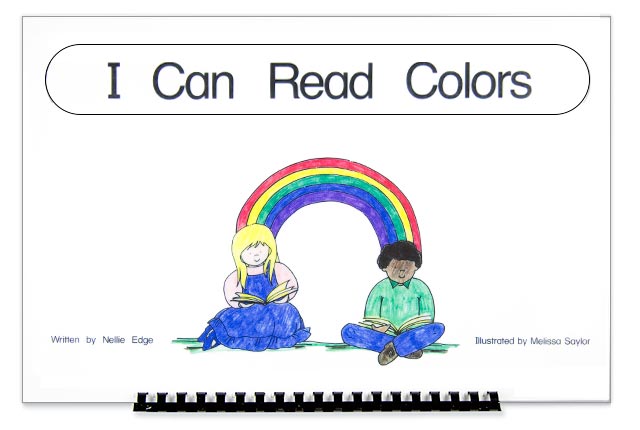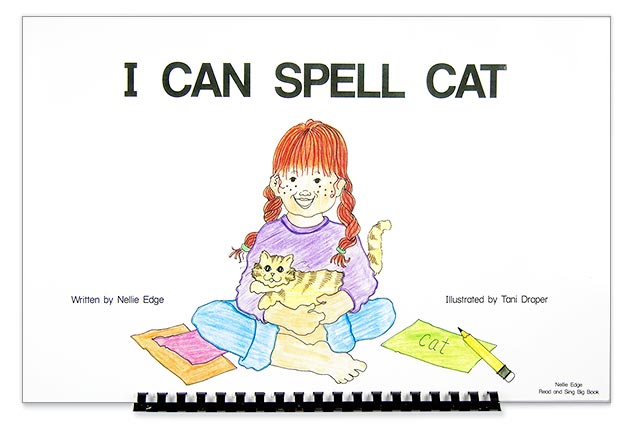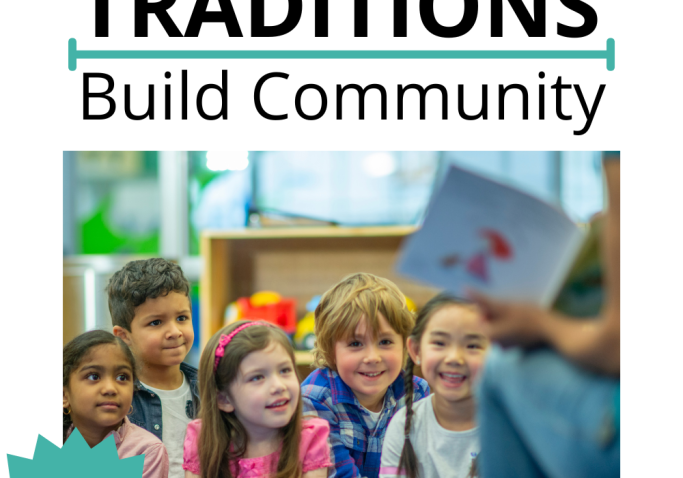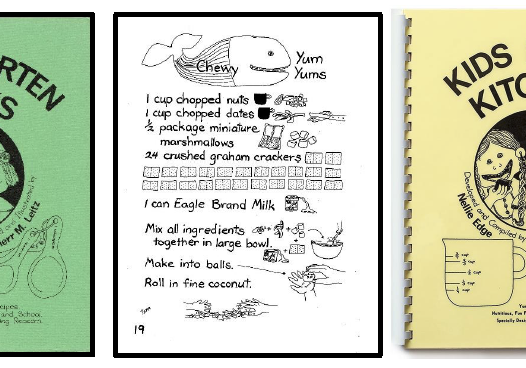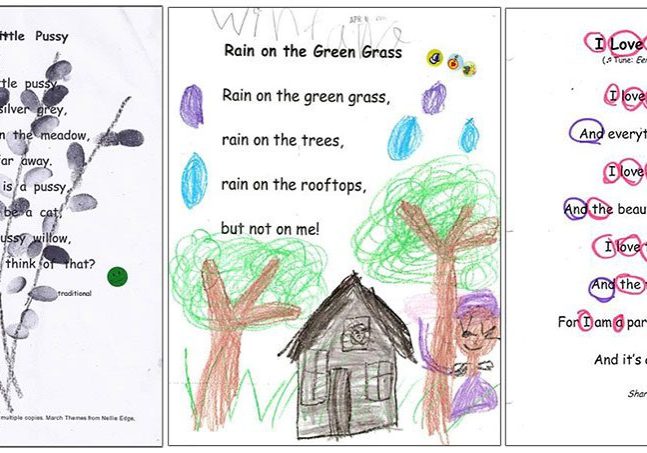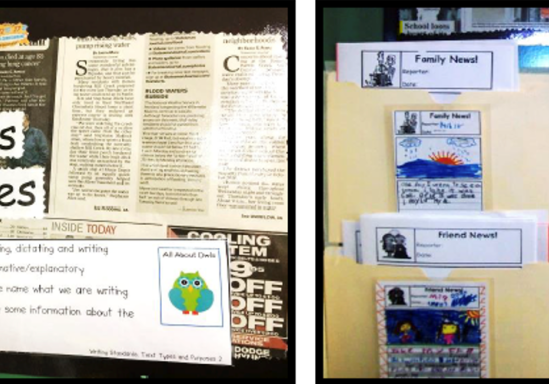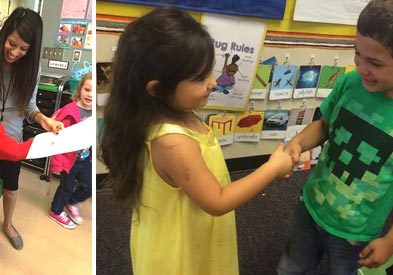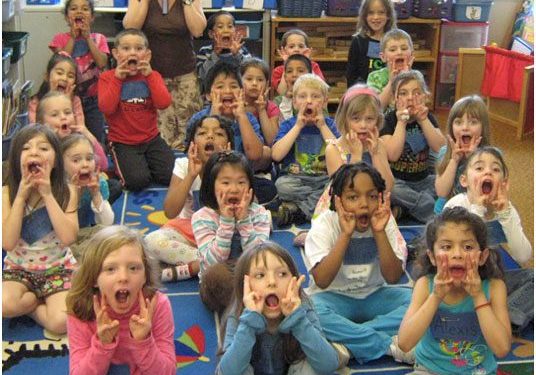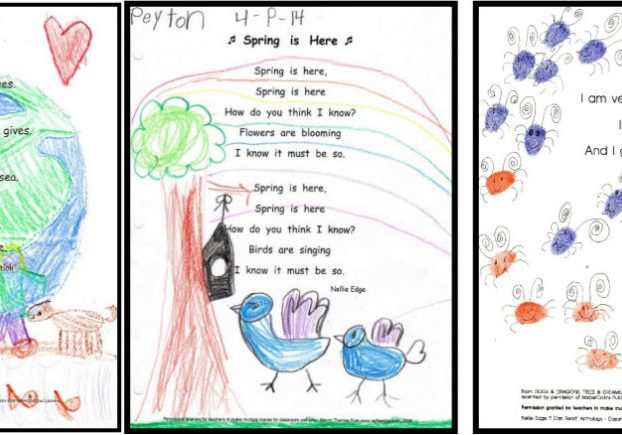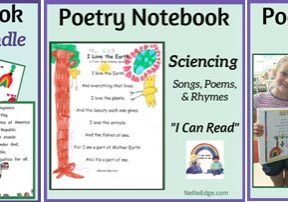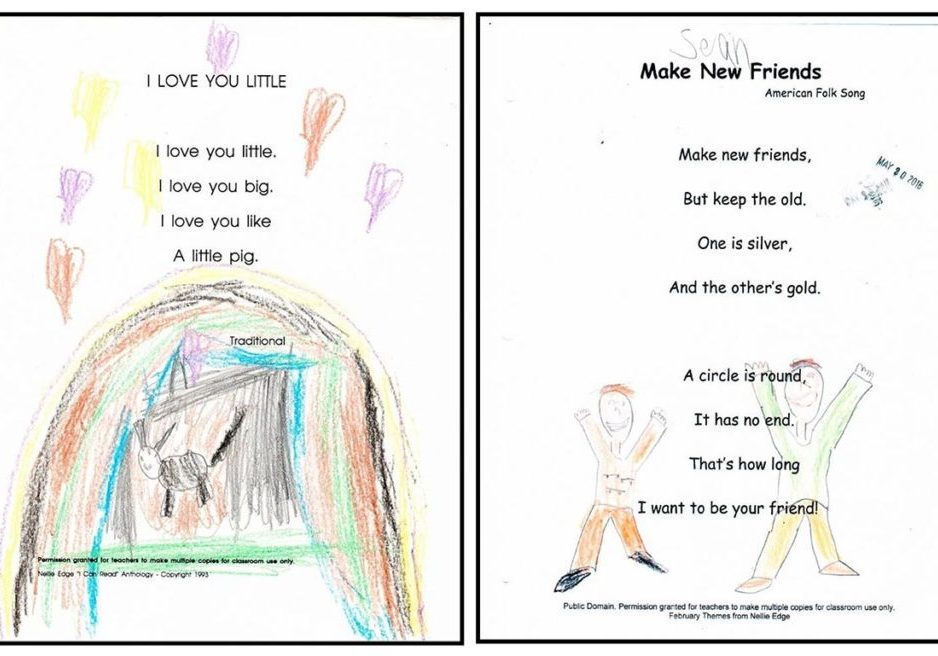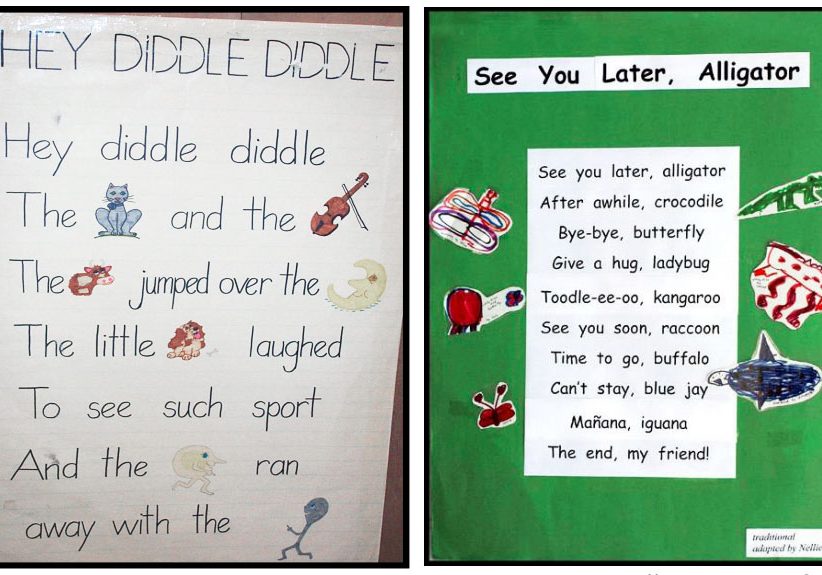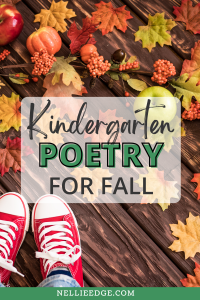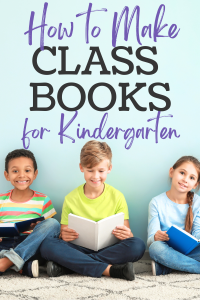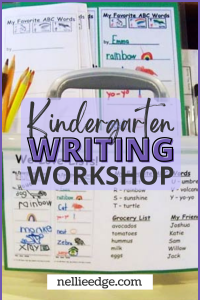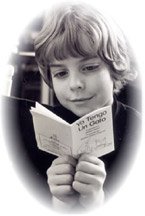 Accelerating language and reading skills simultaneously through singing, dramatizing, and signing songs is a multisensory learning experience that takes advantage of how the brain learns best! It is musical, personally engaging, and incorporates many “best practices”:
Accelerating language and reading skills simultaneously through singing, dramatizing, and signing songs is a multisensory learning experience that takes advantage of how the brain learns best! It is musical, personally engaging, and incorporates many “best practices”:
- Uses instructional strategies that help children acquire positive attitudes about reading.
- The rhythm, rhyme, and repetition support language learning and provide the optimum context to develop phonemic awareness and vocabulary and teach concepts about print.
- Accommodates multilevel, differentiated instruction while allowing all children (even the least experienced) to participate and perceive themselves as successful.
- Is joyful and engaging, so the brain is most receptive to language learning. The first shared singing and reading experience is an active and dramatic encounter to “hook” children emotionally into the language and its inherent meaning.
- Invites children to memorize, recite, sing, sign, dramatize, and perform language, thus simultaneously building speech communication skills and early reading fluency.
- Enhances and extends phonics instruction through multisensory ABC and phonics immersion, integrated word study, daily “kid writing”, focused phonics games, word matching with language experience, and book-making activities.
- Uses the research-proven Neurological Impress Method (a gradual release of responsibility instructional model) to simultaneously build oral language and reading fluency.
- Is initially a collaborative group activity, recognizing that academic success is enhanced by social-emotional competence and a feeling of belonging.
- Extends children’s vocabulary and personal oral language repertoire of traditional, well-loved songs and rhymes that are part of our shared cultural heritage.
- Teaches and reinforces high-frequency words early on for reading mastery.
- Builds comprehension through drama, imagery, movement, mime, dance, and sign language, thus keeping children actively engaged and focused.
- Explicit, systematic phonics instruction (for children needing early intervention) is placed in a meaningful context that builds on what the child can do.
- Allows us to demonstrate and model the strategies that successful readers use within a noncompetitive environment that is predictable, playful, caring, and emotionally safe.
- Builds essential literacy skills using language that children already know and love. Children want to sing, chant, dance, sign, and role-play themselves as successful readers over and over again. This initial group experience of “magical memory reading” begins developing the neuropathways for reading success while building a supportive community.
- Encourages integrated, meaningful instruction and skill development—not isolated, meaningless drill. (There is no ditto machine hiding away!) High self-motivation, enthusiasm and confidence lead to reading independence.
- Right from the start, children learn to read by being engaged in authentic literacy experiences with Parents as Partners in the process.
- Teaches children to read in expressive “chunks of meaning.” Builds fluency, confidence, and intrinsic motivation to read and reread memorable language.
- Does not “ability group” children. Allows all children to feel a true sense of “belonging” while developing literacy skills at their own individual levels, from memorizing the sounds of language to fluent independent reading.
- Uses positive instructional strategies to provide the balance needed to teach reading decoding skills and reading as a satisfying language and comprehension experience.
- Develops the vital oral language foundation necessary for supporting all cueing systems:
- Graphophonics (shapes and sounds of letters)
- Semantics (meaning)
- Syntax (grammar, sounds of the language)
- Schema (experiences and prior knowledge that
influences the use of all other cues and is
dependent on oral language)
- Takes advantage of how the brain learns best. Our brain is uniquely programmed to effortlessly learn language through songs and to build neuropathways that support reading success long before children have mastered all of the beginning reading skills.
- Allows more experienced readers to expand their vocabulary and be challenged.
- Honors English language learners and multi-ethnic learning communities; respecting the unique and diverse learning style each child brings to school.
Celebrate Language Related Blog Articles
Get our weekly blog for more high-impact strategies and free resources!




